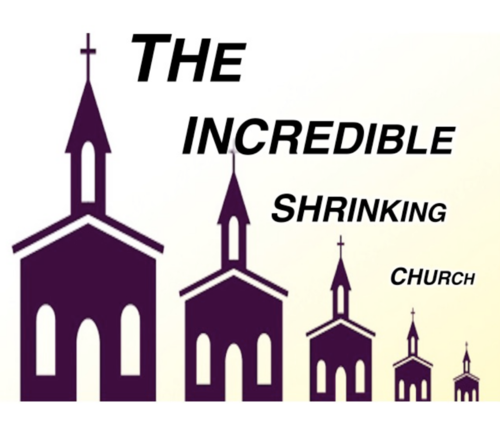In the past decade of so, your GetReligionistas have written a steady stream of posts about how America’s rapidly growing flocks of nondenominational believers have made the vague and complicated world of evangelical/charismatic Christianity even harder for journalists to understand and, thus, cover with some degree of accuracy.
That was complicated, wasn’t it? For more info, surf this massive file of URLs linked to the work of chart-master Ryan Burge and then this recent Memo from religion-beat patriarch Richard Ostling, “Story of the Year: Rise of the 'Nons' — put them alongside Nones, NIPs, Nonverts, etc.”
This trend has affected some incredibly important news stories, such as the Jan. 6th riot at the U.S. Capitol and attempts to find justice for victims of clergy sexual abuse.
This brings me to an email that I received the other day from a journalism professor friend that addressed an essential issue in this important NBC News report: “Florida pastor and his son are arrested in alleged $8 million Covid scam.”
This jprof asked this question: “What made him a pastor?” That isn’t an irrelevant question, since this man’s ministerial status is mentioned in the headline and the lede. Here’s the overture:
A Florida pastor and his son were arrested … on charges of fraudulently obtaining more than $8 million in federal Covid relief funds and attempting to use some of the money to buy a luxury home near Walt Disney World.
Evan Edwards, 64, and his son, Josh, 30, were taken into custody five months after an NBC News report raised questions over why they hadn’t been charged in the alleged scam, which federal prosecutors first identified in court papers in December 2020.
No one really knows the number of scams that were linked to the billions and billions of government dollars spent in COVID-19 relief programs. It’s a huge story with untold local, regional, state and national angles. International angles? Don’t go there.
Scams linked to religious ministries deserve coverage, obviously, in part because of the hypocrisy angle that reporters may not attach to similar scandals involving businesses and secular nonprofit groups. That word — “pastor” — is crucial.










